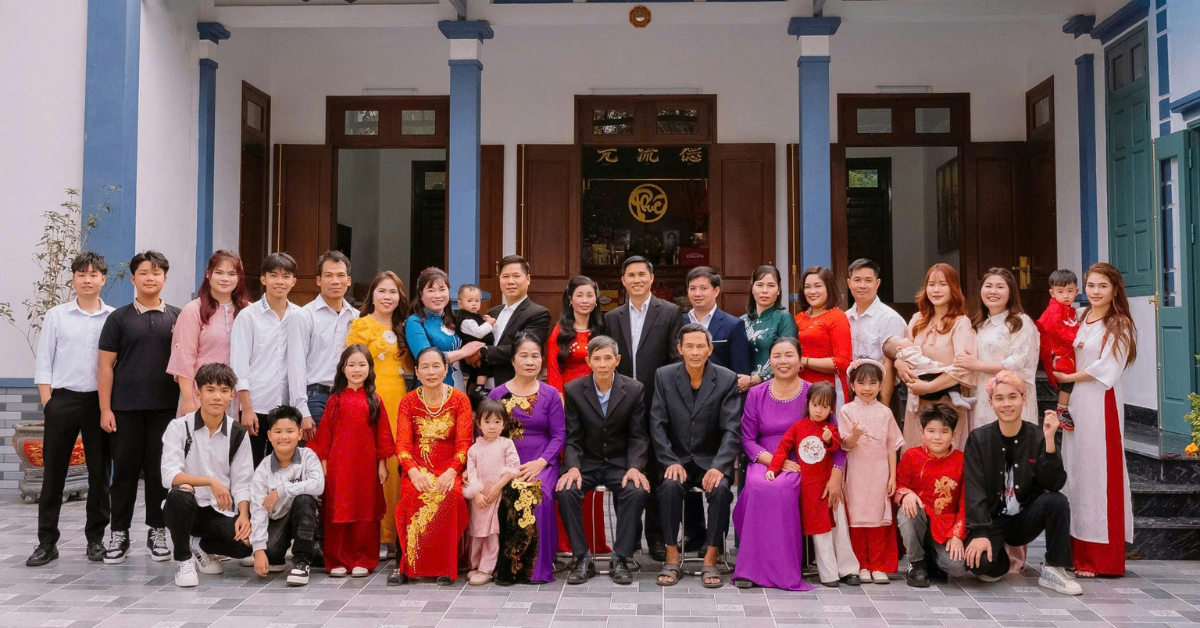From small companies to billion-dollar enterprises, family firms play a key role in Canadian society. A major driver of the Canadian economy, they provide nearly 50% of private sector employment according to a report titled Family Enterprise Matters.
Research on family firms, however, is still lacking. However, a new collaboration between the Telfer School of Management and Canadian investment firm Doherty & Associates Ltd. seeks to change this.

Peter Jaskiewicz, Telfer professor in entrepreneurship and family business and University Research Chair in Enduring Entrepreneurship, has received a Social Sciences and Humanities Research Council (SSHRC) Partnership Engage Grant to study incentive compensation of non-family CEOs in family firms.
SSHRC Partnership Engage Grants support short-term research collaborations between academic researchers and non-academic organizations. They’re designed to promote knowledge mobilization and address real-world challenges.
Non-family CEOs and family-held values
Jaskiewicz and his doctoral student Amlan Datta, along with D&A, will study how publicly-listed family firms motivate their non-family CEOs, and how such motivation affects business performance. Datta and D&A’s research team will collect, analyze and interpret financial data of publicly-listed companies. The results will be used for academic publications, as well as knowledge mobilization efforts such as seminars, presentations and practitioner reports.
Unlike non-family businesses, which are oriented towards financial performance, family businesses tend to affirm family-held values as well, including a strong sense of tradition, a long-term view and community engagement. The research project will ask two questions: Are non-family CEOs in family firms incentivized differently than their peers in non-family firms? And, if they receive incentives to pursue the owning family’s goals, do these family firms perform differently from non-family firms?
Assessing incentives for non-financial goals
As family-owned businesses tend to value both financial and non-financial goals (such as a favourable reputation and establishing intergenerational legacies), the research should allow family owners — and D&A Associates — to assess the risks and activities associated with incentives that motivate non-family CEOs to pursue non-financial goals.
As for Datta, “this grant is an incredible way for me to gain valuable knowledge and experience conducting empirical research. We still have so much to learn from family businesses.” He adds, “Once we have results, I’m looking forward to participating in conferences to share our research insights.”
To learn more about how Telfer is changing the conversation about the future of family enterprise, visit the Family Enterprise Legacy Institute.
Doherty & Associates Ltd. (D&A) is a large private Canadian investment company founded in 1979 by Peter Doherty. Based in Ottawa, it serves private clients, family offices, institutional investors and foundations. Geoff Saab, D&A’s representative, will support Jaskiewicz and Datta on the project.











